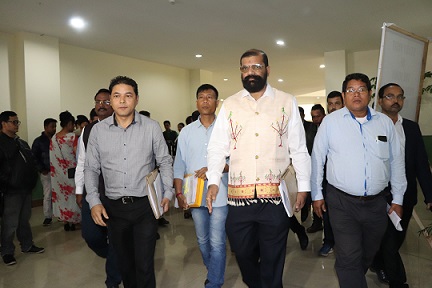
SHILLONG, MAY 10: Several organizations in the state today expressed strong opposition against the Citizenship (Amendment) Bill, 2016 proposed by the BJP-led NDA government at the Centre to grant Indian citizenship to illegal immigrants from Bangladesh, Afghanistan and Pakistan even as they demanded implementation of the ILP in the entire NE region.
This was aired before a team of the Joint Parliamentary Committee (JPC) on Citizenship (Amendment) Bill, 2016 which arrived here on its two-day visit to the state to take the views of stakeholders amid strong protest against the Bill.
The Bill was introduced in the Lok Sabha to amend the Citizenship Act, 1955 with an aim to provide citizenships to Hindus, Sikhs, Buddhists, Jains, Parsis and Christians in Afghanistan, Bangladesh and Pakistan.
Speaking to reporters after the meeting, Chairman of the committee and BJP Lok Sabha MP from Meerut, Rajendra Agrawal said, “All opinions and views taken today will be compiled in a report which will be submitted to the Parliament.”
Asked if the JPC will hold its sitting in all states in the North East, Agrawal said, “We have held sitting in Guwahati, Silchar and Shillong. If need be, the Committee can think of holding sittings in these states later.”
Earlier, North East Students’ Organisation (NESO) leaders led by its chairman, Samuel B Jyrwa and adviser, Samujjal Bhattacharya met the JPC team for nearly an hour and submitted a petition opposing the bill.
“In totality, we oppose the proposed Bill and demand that Inner Line Permit system should be introduced for the entire region and constitutional safeguards should be provided to the people of NE states,” NESO, a conglomeration of students organizations from all NE states, said in its petition to the Committee.
According to NESO, the Bill is another effort to “encourage infiltration” of the Hindus from Bangladesh into the different states of the region.
Jyrwa later told reporters that the content and purpose of the Bill has shocked the people of the region when it took religion as the criteria to decide citizenship, which is a false notion.
“We shall resist creation of another Tripura in any part of the North East region,” the NESO chairman said.
He further stated that the proposed bill is the latest example that “lawmakers of the country have no regard for the future of the North-eastern region.”
On the other hand, Samujjal said the proposed bill that will turn states in the Northeast a “dumping ground” of illegal Bangladeshis can never be accepted by the people of the region.
According to the NESO leaders, the Bill would also defeat the purpose of signing the Assam Accord where March 25, 1971 is cut off year for detection and deportation of foreigners from Assam.
Khasi Students Union (KSU) general secretary Donald V Thabah slammed the Centre government for attempting to make Meghalaya and the North East region as a dumping ground for illegal immigrants.
“The Bill will pose a dangerous threat to the indigenous people living in Meghalaya and the NE region taking into consideration that there are crores of Hindus in Bangladesh,” he said adding “It is irrelevant due to the fact that our state is even opposing to influx by inter-state migrants.”
Also registering its strong opposition against the Bill, Hynniewtrep Youth Council (HYC) general secretary Robertjune Kharjahrin said this is because Meghalaya will only be made as a soft target as the state is yet to implement the Inner Line Permit.
Quoting some reports, Kharjahrin while pointing out the danger of the Bill, said out of 16.63 crore population in Bangladesh, 1.4 crore are Hindus besides 75 lakh of its youth have left the country in search of jobs.
He said that the report also stated that around 10 hectares of land in Bangladesh submerged under water which due to this around 2 lakh people are migrating to other countries every year.
Meanwhile, the Garo Students Union, Hynñiewtrep National Youth Front, Federation of Khasi Jaiñtia and Garo People, Social Organisations of Meghalaya Against Land Alienation, and other groups and individuals also met the JPC.
By Our Reporter

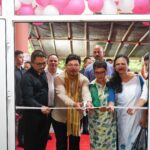
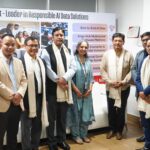
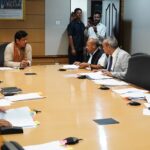
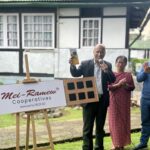

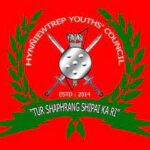




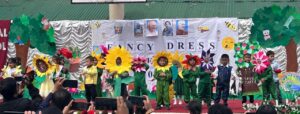
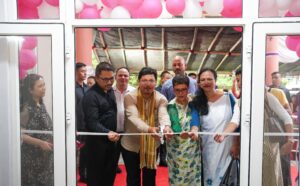
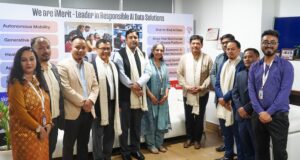
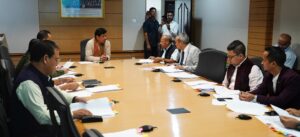
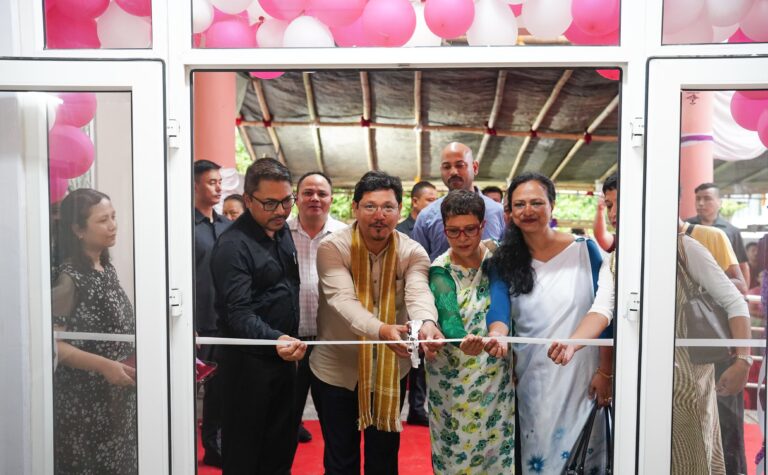
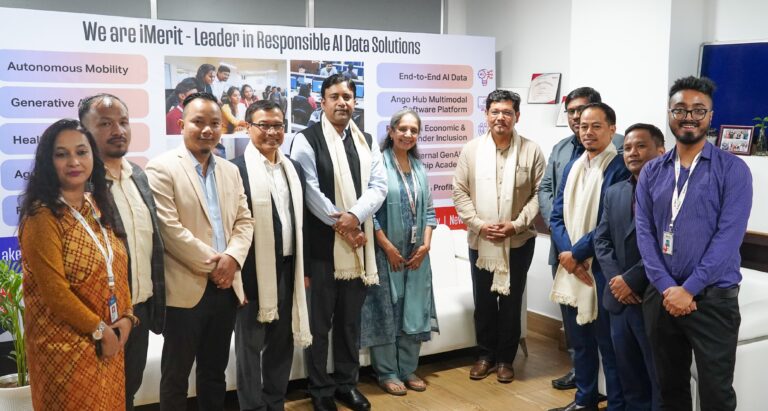
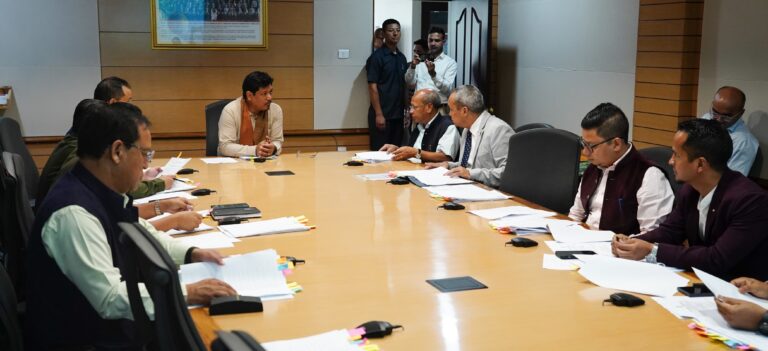
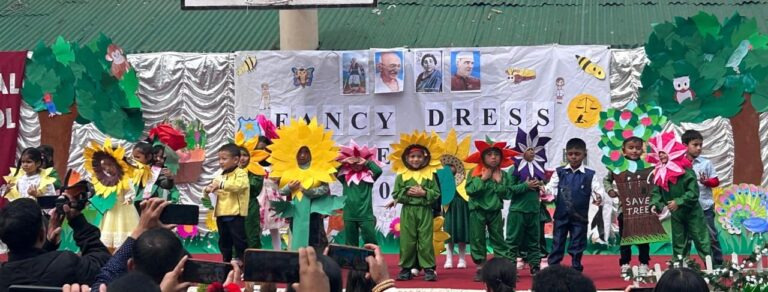
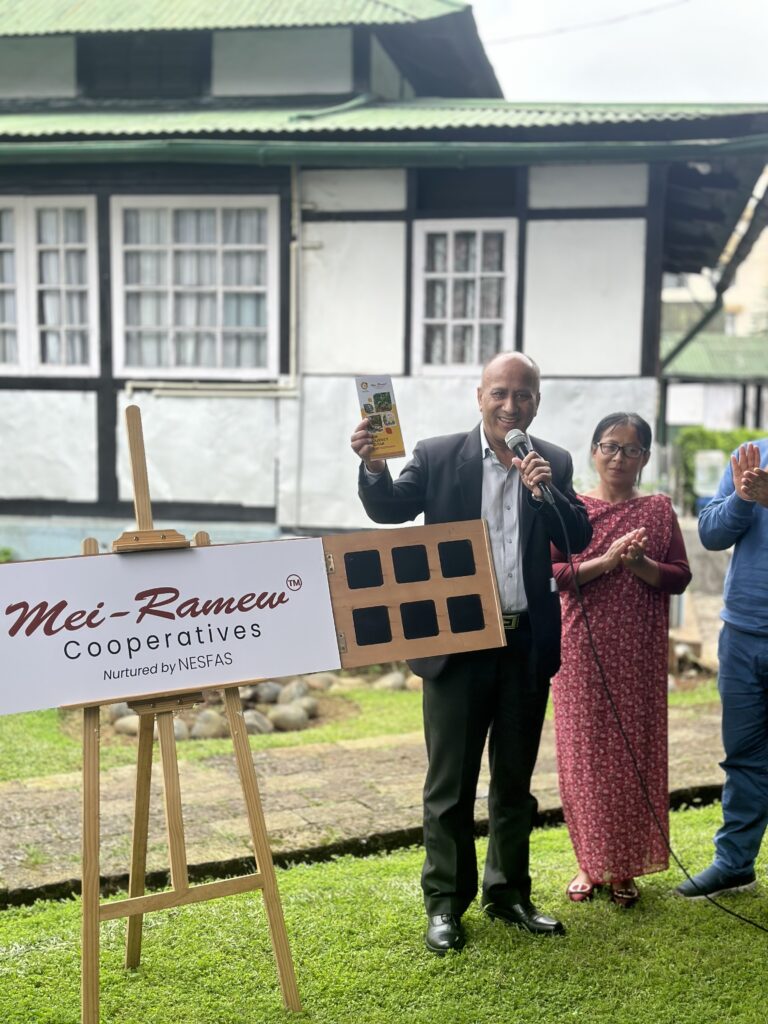
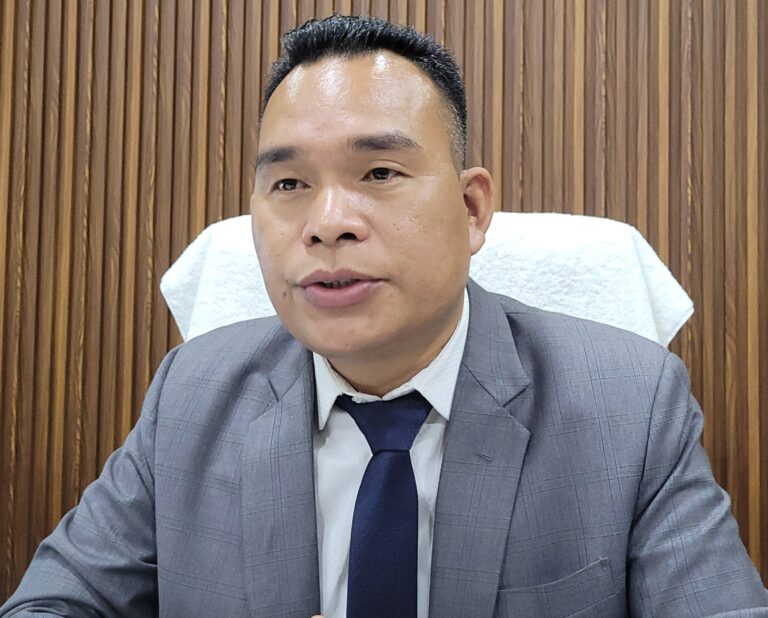
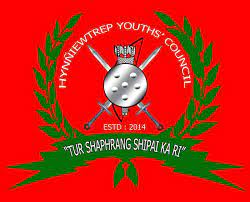

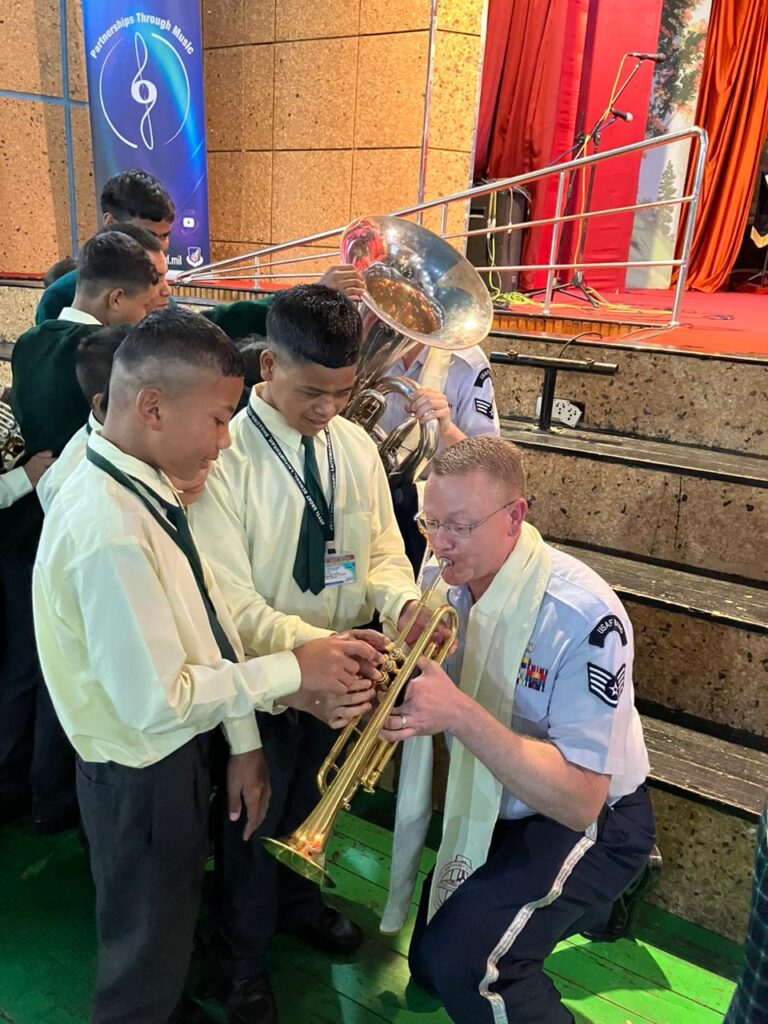
+ There are no comments
Add yours